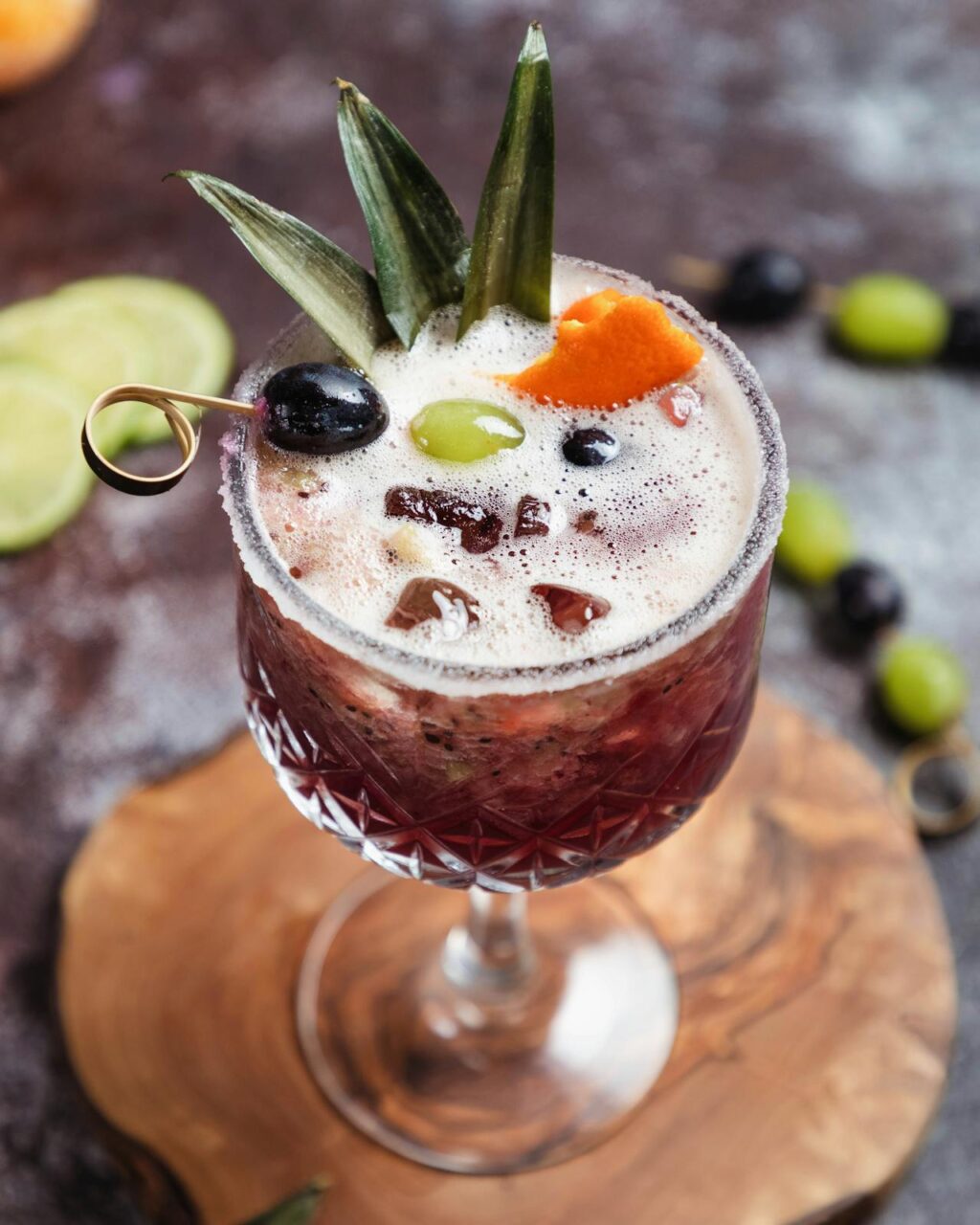As global awareness of environmental issues continues to grow, the alcohol industry is facing increasing pressure to adopt sustainable practices. Marketing agencies specializing in alcohol brands are at the forefront of this transformation, leveraging their creativity and expertise to promote environmentally-friendly initiatives. This op-ed explores the role of alcohol marketing agencies in driving sustainability within the industry and highlights successful campaigns that resonate with eco-conscious consumers.
The Rise of Sustainability in Alcohol Consumption
Consumers are becoming increasingly aware of the environmental impact of their choices, leading to a shift in purchasing behaviors. In the alcohol sector, this shift is evident as brands are urged to adopt sustainable practices, from sourcing ingredients to packaging and distribution. The demand for transparency and accountability has never been higher, and consumers are actively seeking brands that prioritize environmental responsibility.
In this context, alcohol marketing agencies are tasked with promoting sustainability in ways that resonate with consumers. By crafting compelling narratives around eco-friendly practices and engaging audiences through innovative campaigns, these agencies can drive meaningful change within the industry.
Case Study: BrewDog’s Commitment to Sustainability
One of the most notable examples of sustainability in alcohol marketing is BrewDog, a Scottish craft brewery that has made a name for itself through its commitment to environmental responsibility. The agency behind BrewDog’s marketing, We Are BrewDog, has successfully positioned the brand as a leader in sustainable brewing practices.
BrewDog’s “Net Zero” initiative aims to eliminate its carbon footprint by 2024. The marketing agency has effectively communicated this ambitious goal through various campaigns, showcasing the brewery’s efforts to reduce waste, source local ingredients, and invest in renewable energy.
The impact of this commitment is evident in the brand’s growing popularity among eco-conscious consumers. BrewDog has seen a significant increase in sales and brand loyalty, proving that sustainability is not only good for the planet but also good for business.
Innovative Packaging Solutions
In addition to sustainable brewing practices, packaging is another area where alcohol marketing agencies are making a difference. Consumers are increasingly concerned about the environmental impact of packaging materials, leading brands to seek innovative solutions that minimize waste.
Heineken has embraced this trend by launching its “Green Paper” initiative, which focuses on developing sustainable packaging alternatives. The agency behind this campaign, Publicis Groupe, effectively communicated the brand’s commitment to reducing its environmental footprint through engaging storytelling and impactful visuals.
By showcasing the benefits of sustainable packaging and encouraging consumers to make eco-friendly choices, Heineken has positioned itself as a brand that values environmental responsibility. This approach not only enhances brand reputation but also resonates with consumers who prioritize sustainability in their purchasing decisions.
Promoting Local Sourcing and Community Engagement
Another key aspect of sustainability in the alcohol industry is local sourcing. Marketing agencies are increasingly highlighting the importance of supporting local farmers and producers, which not only reduces the carbon footprint associated with transportation but also fosters community engagement.
Jack Daniel’s has successfully implemented this strategy by showcasing its commitment to sourcing local ingredients. The marketing agency behind Jack Daniel’s has created campaigns that highlight the brand’s relationships with local farmers, emphasizing the quality and authenticity of the ingredients used in its products.
By promoting local sourcing, Jack Daniel’s not only reinforces its brand identity but also fosters a sense of community pride. This approach resonates with consumers who value supporting local economies and sustainability, ultimately driving brand loyalty.
Harnessing Digital Platforms for Sustainability Messaging
In today’s digital landscape, social media and online platforms play a crucial role in shaping brand narratives. Alcohol marketing agencies are leveraging these platforms to promote sustainability initiatives and engage consumers in meaningful conversations.
Southern Comfort launched a successful social media campaign focused on sustainability, encouraging consumers to share their own eco-friendly practices using the hashtag #SocoSaves. The agency effectively harnessed user-generated content to amplify the brand’s message and foster a sense of community around environmental responsibility.
The campaign not only increased brand visibility but also encouraged consumers to engage with the brand in a positive way. By leveraging digital platforms for sustainability messaging, agencies can create a strong connection with eco-conscious consumers and enhance brand loyalty.
The Future of Alcohol Marketing: A Sustainable Approach
As the alcohol industry continues to grapple with environmental challenges, the role of marketing agencies in promoting sustainability will only grow. Agencies must remain agile and responsive to emerging trends, crafting messages that resonate with consumers and drive meaningful change.
The integration of sustainability into brand narratives is no longer optional; it’s a necessity. Consumers are increasingly demanding transparency and accountability from brands, and marketing agencies have a unique opportunity to position their clients as leaders in sustainability.
In conclusion, alcohol marketing agencies are at the forefront of driving sustainability within the industry. Through innovative campaigns, local sourcing, engaging digital platforms, and a commitment to environmental responsibility, these agencies are reshaping the narrative around alcohol consumption. As the demand for sustainable practices continues to grow, the influence of alcohol marketing agencies will be pivotal in ensuring that the industry embraces a greener future.
